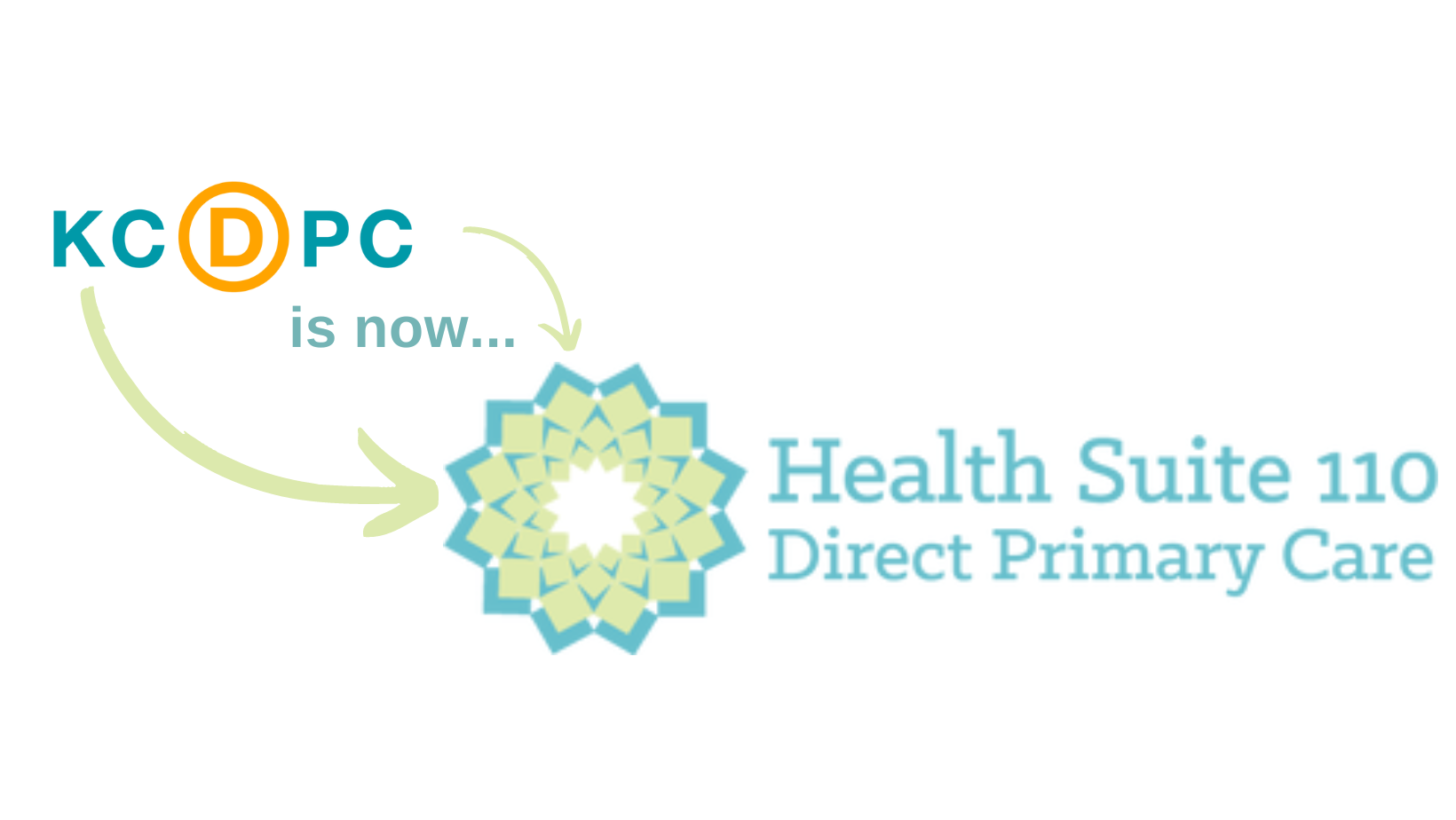Ice Cream = Murder?
There is an infamous saying that illustrates a common error in statistics: as ice cream sales rise, so too does the homicide rate. It inspires fear on first pass — ice cream causes murder? — until the statistics professor calmly explains the concept of correlation. Correlations (ice cream sales rise with increasing homicide rates) do not imply causation (ice cream causes murders). The common underlying variable here? Summer. Summer likely causes both.
Along with increasing ice cream sales and an uptick in homicide, summer is associated with increase in the number of accidents that occur. Though we can’t prevent every accident or unfortunate event — that’s why they’re called accidents, after all — we can take steps to be safer. Adhering to a few, simple safety measure can change your life for the better, as I found out last weekend.
Everyday actions; big consequences.
Last weekend was rainy. Unwavering in our plans for a bike ride, my husband and I wheeled out to the farmer’s market, around
town, and up and down the rolling hills of Midtown. As we rounded the last corner on our way home, I calculated my speed, my angle, the steep grade of the road, the slick ground and clutched the brakes a little harder than usual, focusing my full attention on the turn. My husband — forever an adrenaline junkie — wasn’t as cautious. I heard a scuffle and looked up just in time to see him sliding across the pavement, bike flying over his body, head whiplashing into the curb.
We often nag each other, as couples do, about various things. Leaving dishes in the sink, paying the bills, cleaning, you name it. I have been a stickler for helmets since our marriage and have even threatened divorce if I catch him without one (all in the name of love, I assure you). This trip — following my usual barrage of nagging about the helmet — he was wearing his helmet. It likely saved us a trip to the ER that day.
Safety First!
Summer is full of potential accidents: biking accidents, boating accidents, drowning, car crashes, ATV accidents, handgun and hunting accidents, even broken bones and scrapes from just enjoying the outdoors! It’s enough of a list to make you want to curl up and not leave the house. But that’s not really a realistic option, so take precautions and make sure you are protecting yourself and loved ones as much as possible:
- Everyone (adults too!) should have helmets for any wheeled activities. Bike/Walk KC, along with acting as the leading voice in advocating for active lifestyles in KC, provides free helmets at various events across the metro.
- Car accidents increase in the summer months. Avoid distracted driving, wear your seatbelt every time you drive, follow the speed limit, and put limits on the number of teens driving together (sorry teens — you’ve got a bad rap). Kids should be restrained in appropriate booster or car seats (official recommendations based on weight and age can be found here)
- Guns should be securely locked when not in use.
- Pools should be surrounded by toddler-proof fencing and adults should always supervise children during water activities. If your children don’t’ know how to swim, KC Parks & Rec is offering free swimming lessons this summer or you can reach out to other organizations, like the YMCA to learn more about their summer swim lesson schedule.
- Lightening strikes are real, with a risk of 1/500,000 of being struck by lightening every year (CDC Data). But they’re entirely preventable: when the thunder rolls, stay away from open fields, water, and other exposed areas and head indoors!
- Fireworks should be lit only by adults and older children who have been educated on fireworks safety. Fireworks and alcohol don’t mix (trust me, I work in ERs).
- Tetanus is a serious disease, but entirely preventable. Make sure you know when your last tetanus vaccine was. If you end up in the ER for a broken bone or cut (or give us a call to see if you need stitches at KCDPC), it’s one of the first questions a doctor will ask. You need one every 10 years and should have a booster if you’ve been injured and it’s been more than 5 years since your last one. Tetanus vaccines are available area health departments.
We can help.
Here at KCDPC we want to help you if you have the misfortune of having a summertime accident. If you’ve had a bad accident, 911 is always the first call you need to make; however, if you’re trying to figure out if you need to go to the ER or wait it out, you’re always welcome to call the urgent on-call provider to talk things through.

Zach reflects on how this dent in his helmet could have easily been a broken skull.
